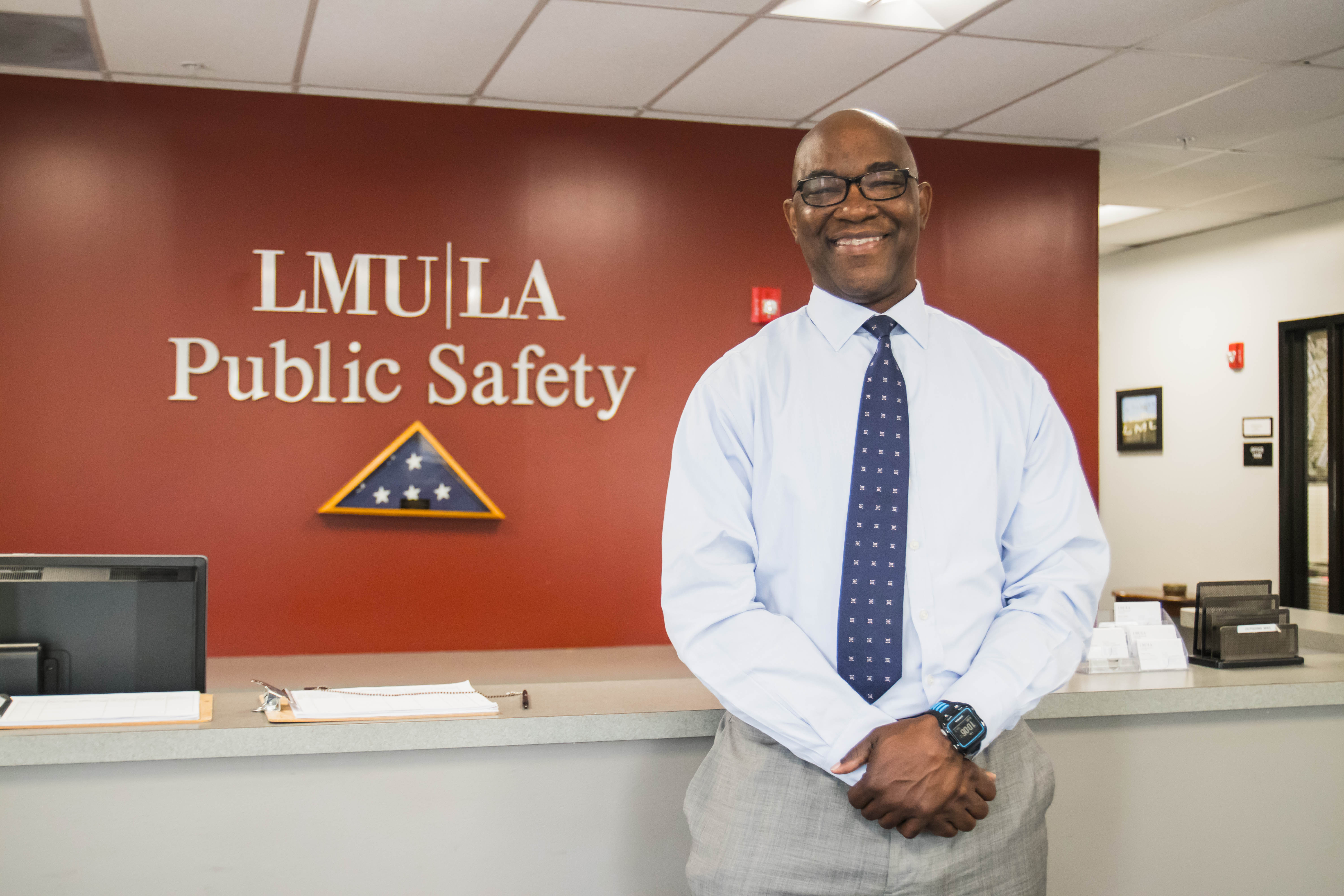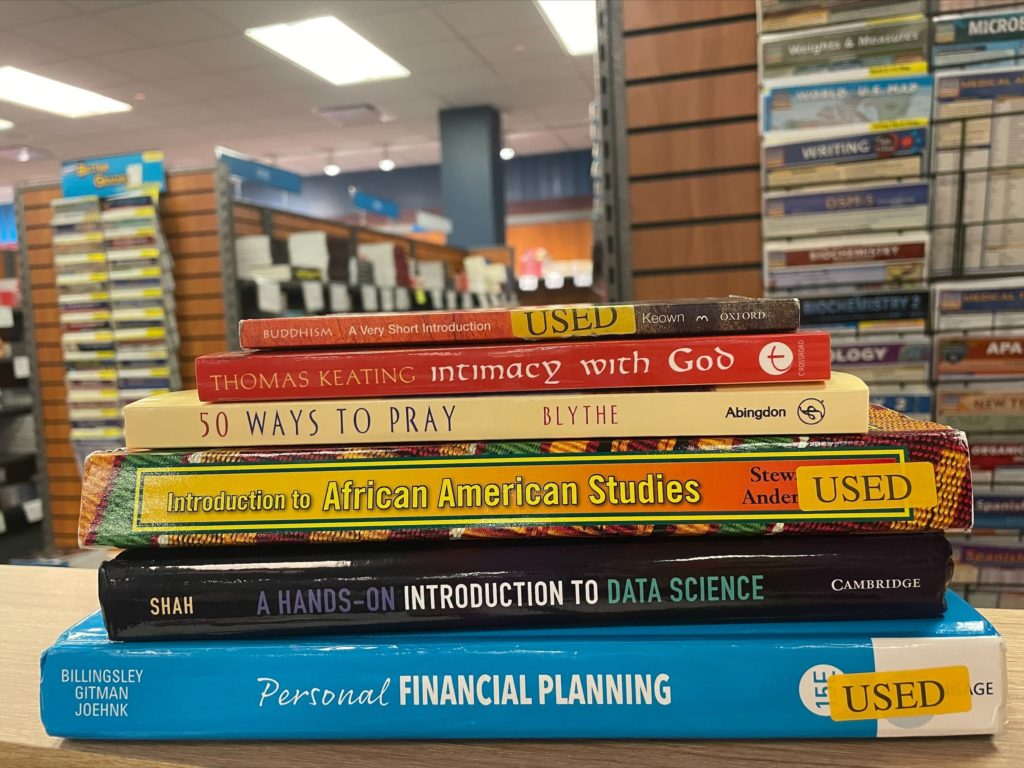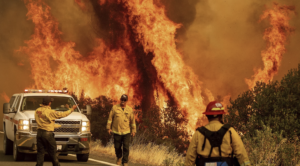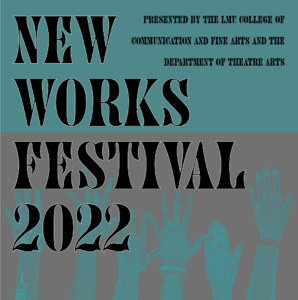CONVERSATION | Chief Hampton Cantrell joined LMU’s Department of Public Safety in June 2008 from the Inglewood Police Department, where he served as an officer for 15 years and captain for eight. He earned his undergraduate degree in political science and social ecology from UC Irvine and earned his J.D. from Southwestern University School of Law and was admitted into the California State Bar in June 1998. He spoke to LMU This Week about his work.
LMU This Week: What changes have happened in public safety since you became chief in 2008?
Chief Hampton Cantrell: Well, we’re talking about almost a 10-year period, and I think for us the compliance environment has changed since 2008. The big compliance issue for Public Safety is Title IX and the interpretations that came out in 2010 around sexual harassment and sexual interpersonal misconduct. Public Safety really had to restructure in order to conduct investigations in a more thorough way. One of the big pieces is Title IX, also from the compliance perspective our obligations under the Clery Act have changed significantly. We’re working with our university council … and we still respond to medical emergencies, laptop thefts, students who need escorts, that part has not changed. Also, the laws around marijuana have changed as well, so it’s a new world.
LMUTW: My understanding is we haven’t changed our policy in regards to using marijuana, it’s not allowed.
HC: It is not allowed on our campus. The statutory environment has changed around recreational use and medicinal use, and it’s just created sort of a larger environment of more marijuana that we have to deal with.
LMUTW: How many officers work for you?
HC: We have a hybrid department so we have about 18 contract officers, we have a security contract, and we have 25 employees, including administrative assistants and budget people, compliance people. In terms of officers themselves, watch commanders and supervisors we have about 20. We also have 10 wonderful work-study students.
LMUTW: You were with the Inglewood Police Department for 23 years; does that experience carry over to how you do work here?
HC: It sure does. I think what I brought here from the Inglewood Police Department is the ability to connect with the police and fire departments in Los Angeles. We speak a certain language, we all work around the incident-command system and the emergency operation center. All of that is a language and a nomenclature all on its own. That’s been very helpful for us to have great relationships with our city colleagues, and of course just skills around investigations, what to look for, mental health, that kind of thing.
LMUTW: Has LMU’s relationship with the neighbors improved and has Public Safety been a part of that effort?
HC: Yes. Public Safety has been a key part of the effort to improve relationships with our neighbors and we think we’ve done a fairly good job since I took over in 2008. Clearly the problem was that our students were engaging in parties that our neighbors found objectionable. Public Safety along with Student Affairs, Off-Campus Student Housing, Judicial Affairs, our Community Relations department, we all worked together to develop some procedures and processes that we think have been pretty effective. Public Safety’s particular role is to respond to the community whenever we get a call and we verify if a party’s taking place and what’s going on, gauge the noise level, that kind of thing. At least the Los Angeles Police Department’s police captain recently said that he’s seen a significant decrease in those kinds of calls, so we’re very happy about that.
LMUTW: So, kind of a difficult question: With everything involving universities that’s been in the news lately, do you feel there is more of an appreciation for Public Safety’s role on campus?
HC: I do. I think that our community has come to rely on us for training and information around active shooter response and also earthquake information, and how people can protect themselves. I’ve seen a greater sense of urgency around those sorts of issues on our campus. And a heightened awareness, absolutely. Public Safety will continue to do drills and put out information as new information becomes available, but I think that we really have a great partnership with our community.
LMUTW: What’s the most challenging part of your job?
HC: Well, let me think about that. I think the most challenging part on a campus like LMU is that Public Safety does have an enforcement role in terms of our rules and regulations as a campus. It’s always a balancing act to enforce those rules and regulations while also fulfilling our mission for care, cura personalis, and doing so in a way that engenders respect. Our students sometimes don’t appreciate, at least now, what we’re trying to do, but again we really, really try to do it in a way that respects the dignity of our community.
LMUTW: What’s the most fun part of your job?
HC: You know what, this has been a fantastic position in terms of meeting the best people you can imagine. I have had the opportunity to meet so many people across campus and in the community within the city of Los Angeles. There are a lot of great people who are interested in making this community better and it’s been a pleasure being able to have that kind of access.
There was also an an eye-opening trip with Ignatian Companions to Nicaragua that was one of the most educational experiences I’ve had. A group of 12 of us, staff and faculty, went down to Nicaragua for a week and we basically took several tours of the city and countryside. We met with all different sorts of people from many walks of life and heard their stories and their testimonies. There was lots of discussion about the Sandinista movement and the deaths that occurred in Nicaragua. So, it was pretty moving and then we were treated to the scenery and the beauty of that country. It is a very beautiful country. Ultimately, it was meant to awaken our perspective about the Jesuit, Catholic mission because we did go to some of the Catholic churches down there, we met with Jesuit priests and, again, it was one of the most eye-opening and educational experiences that I’ve been through. I strongly recommend that if people get a chance to do that here at LMU they should. I know that LMU offers a lot of opportunities to go off to whether it’s alternative breaks or other opportunities.




